UP announces additional flexible academic measures for the remainder of the semester
November 26, 2020 | Written by Celeste Ann Castillo Llaneta
Recognizing the extreme challenges of switching to remote teaching and learning in the middle of a pandemic, and economic and technological limitations made worse by the spate of typhoons that battered the country, the University of the Philippines has announced additional flexible academic measures for the remainder of the first semester of AY 2020-2021. This includes the extension of the deadline for the submission of grades to give students more time to accomplish academic requirements and faculty to grade them, and a policy of no failing grades to be given to students this semester.
After due deliberation on the situation of faculty and students in the wake of the typhoons, and in the spirit of balancing divergent positions and interests of faculty and students in the wider context of Philippine higher education, the UP Administration—specifically President’s Advisory Council (PAC), composed of the UP System Executive Committee, Chancellors, and the Philippine General Hospital and UP Bonifacio Global City Directors—upon the recommendation of the Academic Affairs Committee consisting of the Vice-President for Academic Affairs, Assistant Vice-Presidents for Academic Affairs and Vice-Chancellors for Academic Affairs of UP’s constituent units—endorsed the guidelines for the remainder of the first semester AY 2020-2021 and the proposed modification of the academic calendar for the second semester AY 2020-2021 and midyear 2021. The academic guidelines were laid down in Memorandum No. 2020-143 issued by the UP System Office of the Vice President for Academic Affairs (OVPAA) on 26 November 2020.
The UP Board of Regents, in its 1356th meeting on the same day, approved the PAC-endorsed guidelines and modified academic calendar with an additional condition for the conduct of bridging activities.
Guidelines for the remainder of the semester
The first semester for AY 2020-2021 will end as scheduled, with 9 December as the last day of classes, and final examinations to be held from 11 to 18 December. However, the deadline for the submission of grades is moved from 8 January to 22 January 2021 to give students more time to complete requirements and the faculty more time to grade them.
Moreover, the grades for the first semester AY 2020-2021 will be numeric. The reason for the numeric grades is that, unlike in the second semester of the previous academic year when the University was caught unprepared by the pandemic and the subsequent lockdowns, students have been provided course packs to enable independent learning even when formal classes are not possible. Many students also need grades for scholarships, licensure examinations, future studies, and employment requirements.
However, a grade of 4.0 or conditional failure, or a failing grade of 5.0 shall not be given this semester. Faculty members are also not allowed to give a forced drop (DRP) to students on the basis of non-attendance of synchronous classes or non-communication within the semester, for instance, during scheduled consultations. Instead, students will be given an INC.
This change effectively suspends the rule on attendance that states: “When the number of hours lost by student’s absence reaches 20 percent of the hours of recitation, lecture, laboratory, or any other scheduled work in one subject, s/he shall be dropped from the subject; . . . If the majority of the absences is excused, a student shall not be given a grade of 5.00 upon being thus dropped (often referred to as ‘forced drop’); but if the majority of the absences are not excused, the student shall be given a grade of 5.00 upon being thus dropped.”
Faculty members are encouraged to help students affected by the typhoons and the pandemic to comply with the requirements in time for the 22 January deadline for the submission of grades. Students with missing or incomplete requirements by 22 January shall be given a grade of INC. Suspended is the rule that states that a student whose class standing is not “passing” and who fails to complete requirements or take the final exam automatically receives a grade of 5.0. Instead, students will be allowed to complete their requirements within the prescribed period within one academic year, after which they shall be given a final grade. Students who fail to complete an INC within the prescribed period must re-enroll in the course or its equivalent.
Faculty members are enjoined to continue calibrating their course requirements with the current conditions in mind. Course requirements may be further reduced to the essentials of a course, and no additional course requirements should be specified. Faculty members may conduct bridging academic activities before the extended deadline for the submission of grades, provided the students in their course agree to these.
Suspended academic rules and modified academic calendar
The UP Administration also issued a reminder in the memo that, in addition to the suspended rules on class attendance and INCs above, the following academic rules remain suspended with the approval of the BOR:
1. The deadline for dropping and filing of leave of absence is suspended.
2. A 12-unit course load will be considered a regular load for undergraduate students.
3. The First Semester AY 2020-2021 will not be counted towards MRR. This is because it is the first time for students to do remote learning and they will still calibrate the course load that they can manage, especially for graduate students who are working from home and for other students who have a workload outside of their school work.
4. A student enrolled in a course this semester that is a prerequisite to another shall be allowed to enroll in the latter course for credit in the subsequent semester, despite having no grade yet for the prerequisite course given the extension of the deadline for submission of grades to 22 January 2021.
5. The following rules on scholastic delinquency are suspended for the first semester AY 2020-2021:
a. Warning
b. Probation
c. Dismissal
d. Permanent Disqualification
In light of the postponement of the submission of grades and the time needed to prepare course guides and resource materials, the UP BOR approved the following modified academic calendar for the second semester of AY 2020-2021 and midyear 2021.
Second Semester AY 2020-2021
Start of Classes: 1 March 2021
Reading/Wellness Break: 29 April – 5 May 2021
Reading/Wellness Breaks for the split-sem schedule: 25 – 27 March 2021; 20 – 22 May 2021
End of Classes: 11 June 2021
2021 Midyear
Start of Classes: 5 July 2021
Reading/Wellness Break: 29 – 31 July 2021
End of Classes: 20 August 2021
Finals Period: 23 – 26 August 2021
Extremely difficult semester
The OVPAA memo described the unprecedented difficulties faced by UP students and faculty this semester, given the public health crisis and the impacts of natural disasters on the UP community. Academic units had to redesign programs, balance student demand for course slots with the faculty’s appeal for smaller classes, and rush requests for funds to cover resources for remote teaching and learning. Faculty members have had to cope with an inordinate amount of work, from designing learning activities and planning course requirements, selecting course materials, to preparing course packs with course and study guides and resource materials for uploading in the CUs’ Learning Management System, or for printing and delivery to students with poor connectivity. Some faculty members face the same technological challenges that students have to deal with, and some also have to juggle the added workload with their family care and domestic duties.
Students have also had to grapple with an overwhelming amount of readings and requirements in the four or five courses they have to attend remotely. Additionally, they have had to adjust to the different time frame and rhythm of independent and remote learning without much preparation, while studying in homes and environments that may have poor Internet connectivity, occasional power outages, and may not be conducive to learning.
These difficulties, which were revealed in a “Kumustahan” and in surveys conducted by the CUs prior to the typhoons, prompted the UP System to call for a review of course content and requirements, as well as a reading break from synchronous classes and the submission of course requirements. With the typhoons exacerbating the situation for many members of the UP community, both the UP System and CU administrations called for even greater compassion and flexibility on the part of the faculty and for an iterative reconfiguration of course content and requirements for the remaining weeks of the semester.
Read the OVPAA Memorandum No. 2020-143 here.

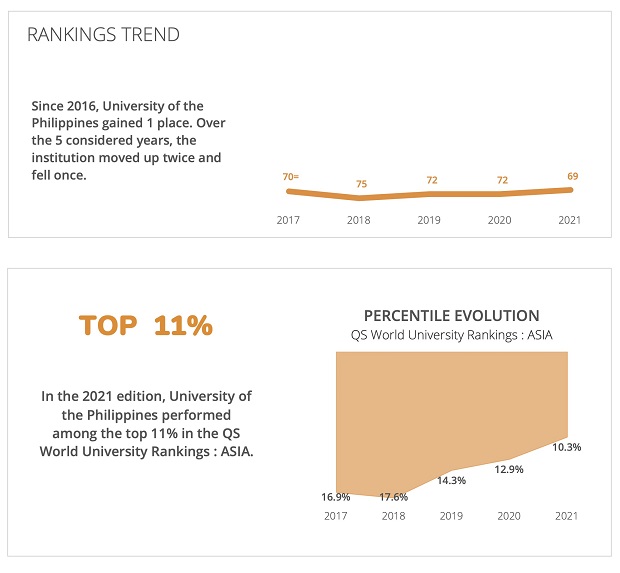
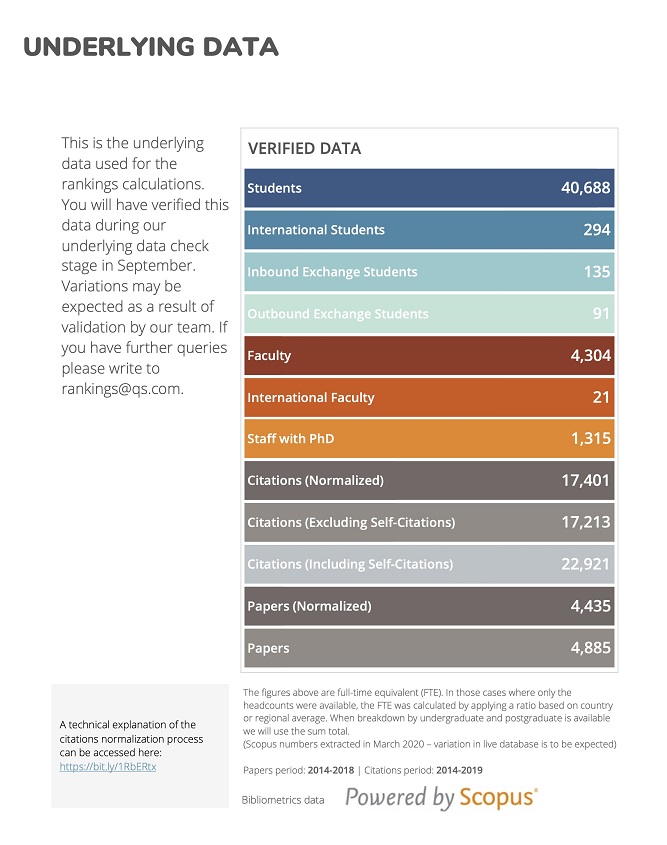
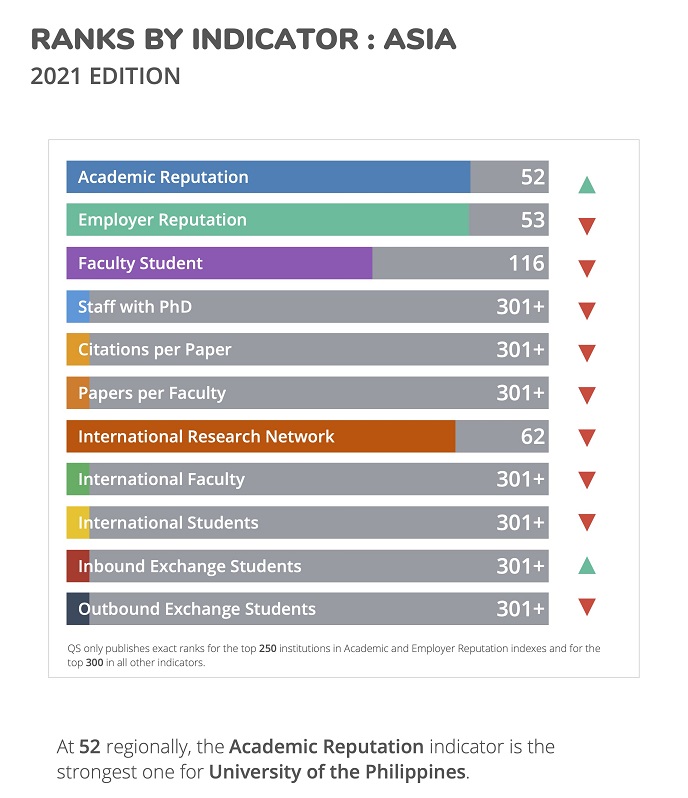
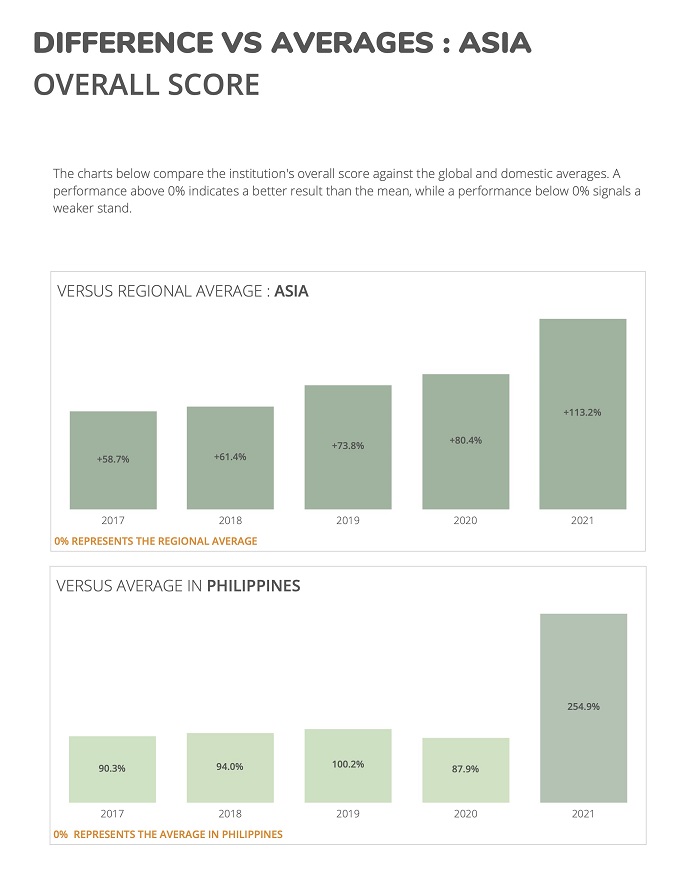
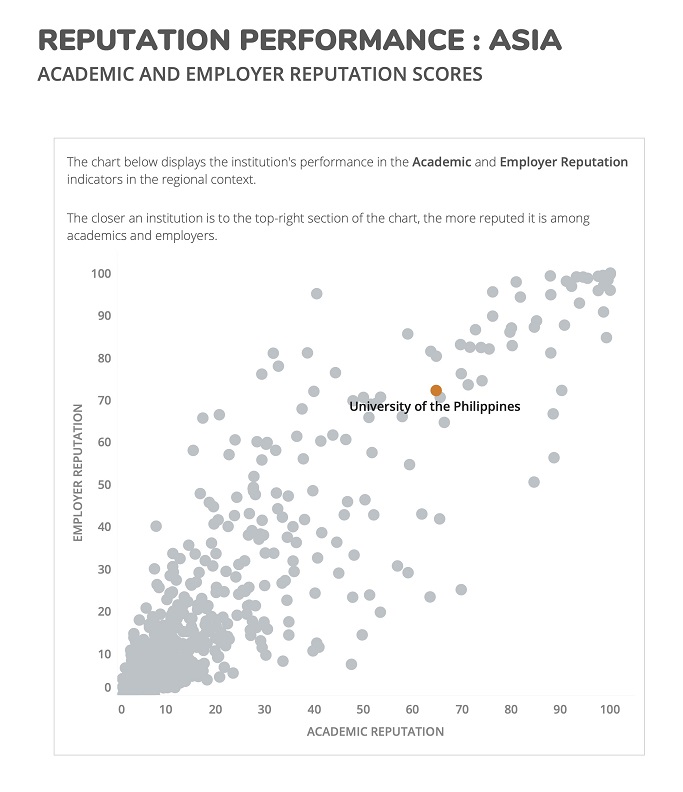

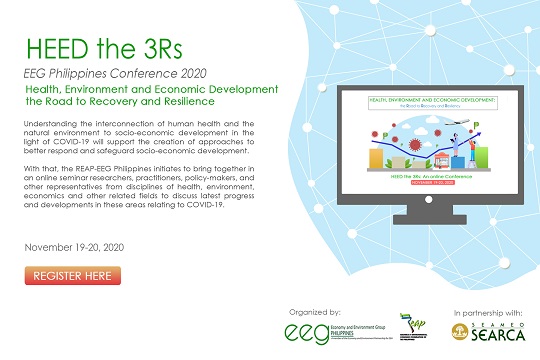
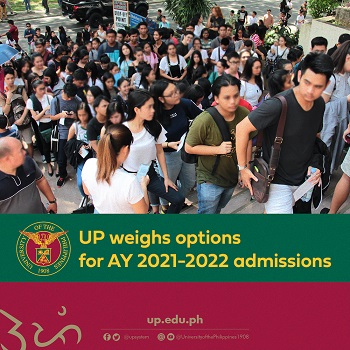 By UP Media and Public Relations Office | October 27, 2020
By UP Media and Public Relations Office | October 27, 2020